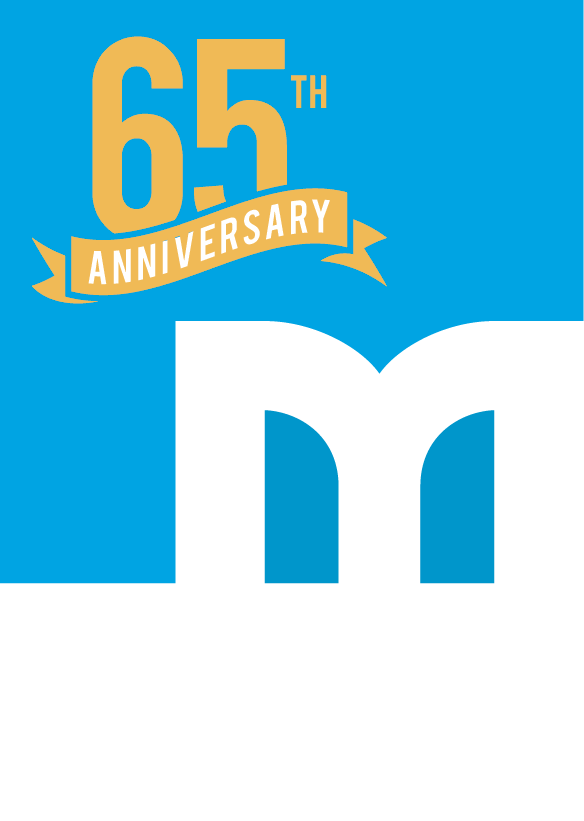Academic Curriculum

Academic Curriculum
Midland’s academic programs are developed for the individual student. While each student’s Individualized Education Program (IEP) is the foundation of his or her academic program, it is the use of integrated and multi-sensory teaching methods that make the curriculum work so well. Instruction is implemented in one-to-one and small group settings. Classrooms and programs are dynamic—changing as necessary to meet each student’s needs and consider their learning styles and developmental levels. Teachers and supervisory personnel, in consultation with the local district child study team and parents, select the best techniques to use with each student.
Sample Classroom Schedules
Reading/Language Arts
The reading curriculum has three areas of emphasis: acquisition of a sight-word vocabulary, knowledge and application of phonics skills, and reading comprehension.
The language arts curriculum includes spelling, grammar, punctuation and written expression. Midland’s curriculum first and foremost emphasizes development of receptive and expressive language.
iReady
iReady is a differentiated, skill-based curriculum that helps to pinpoint specific skill deficiencies and gaps in learning. The system is designed with baseline assessments that help to isolate learning needs and assist educators in providing individualized instruction. The iReady system is designed to meet students where they are in the areas of both reading and math.
Mathematics
The mathematics curriculum focuses upon basic readiness concepts, basic operations, problem solving, time, money, and measurement. Skills are kept as practical as possible and closely related to the student’s environment.
Social Studies and Science
The social studies curriculum “My World” emphasizes citizenship on multiple levels. From being a member of a family to working in your community to being a citizen of the world, students are presented with lessons that stress relationships. Many reading, language arts, and math lessons are planned to coordinate with these themes. In addition reading, language arts, and math skills are woven through every other curricular area, including independent living, music, art, shop, physical education, science, social studies, speech, and program center (library and computers). This interrelationship of curricular areas provides multiple opportunities to practice skills in a familiar context.
Some of the areas of study include: history, government, culture, geography, ecology, chemistry, biology and geology.
The FOSS science kits are the interactive, hands on tools utilized to present science concepts to our students. All students benefit from our new science lab where experiments take place and students can become explorers and researchers.



